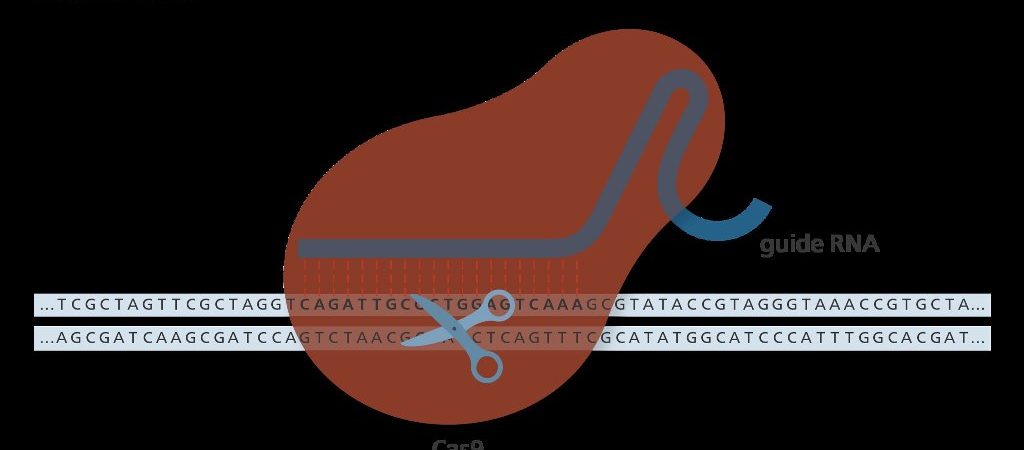
Engineered immune cells may provide a novel way to protect at-risk populations from life-threatening viruses, according to a new study published on 17 May in Science Immunology. So far, the effects have only been demonstrated in mice, but the method could potentially to be translated to humans to produce immunity to diseases for which no therapies currently exist.
Most vaccines contain tiny particles of the virus that stimulate the immune system to produce antibodies against the target pathogen. But sometimes the antibodies produced by the body are just not up to scratch. For this and other possible reasons, vaccinations are not always effective. In other cases, researchers have been unable to develop vaccines against some common viruses.
For instance, vaccinations against infections such as respiratory syncytial virus (RSV), HIV, influenza virus, and Epstein-Barr virus, which pose a significant threat to certain demographics like children and the elderly, are not yet available despite many years of research.
The researchers, led by Dr. Justin Taylor at the Fred Hutchinson Cancer Research Center in Seattle in the US, engineered B cells — a type of white blood cell, also known as B lymphocytes — to express antibodies targeting the RSV virus, a major cause of respiratory tract infections in children and infants.
The engineered B cells were created using CRISPR-Cas9 and when the cells were injected into mice lacking T and B cells, the recipients were protected when exposed to RSV — even mice with compromised immune systems — for up to 86 days. Whereas control mice became seriously infected with the virus.
The gene-editing technology was used to essentially snip out the gene associated with the antibody in the B cells. Then, a so-called viral vector was used to replace it with a gene encoding for the anti-RSV antibody. The engineered cells are then capable of producing the required antibody in sufficient quantities.
The approach may turn out to be applicable to other viruses like HIV. Some people naturally produce potent antibodies against the virus and are therefore immune to it. This new approach could also be used to exploit antibodies against HIV, as well as antibodies against other deadly viruses with no effective vaccine — to fight off the disease. Both human and mice have been engineered to express antibodies against various different viruses.
Some argue the method is too expensive and therefore, impractical. Immune-cell based therapies for cancer treatment that use engineered cells can cost thousands of dollars or euros.
Nonetheless, the findings are important. The scientists demonstrated “specific and efficient engineering of mouse and human cells to produce multiple potent antiviral antibodies.” Moreover, cell-based treatments could eventually become much cheaper in the future. The authors write, “This approach offers the opportunity to achieve sterilizing immunity against pathogens for which traditional vaccination has failed to induce or maintain protective antibody responses.”
Source: European Scientist

















